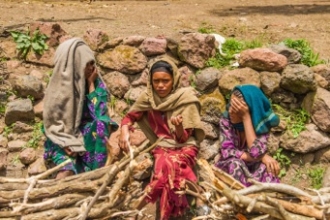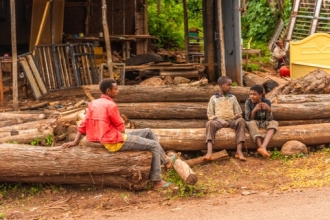Household Tree Planting in Tigrai, Northern Ethiopia: Tree Species, Purposes and Determinants
The project analyzes the determinants of household tree planting. More specifically, the objectives of the project are twofold: first, we investigate the determinants of household’s decision to plant


